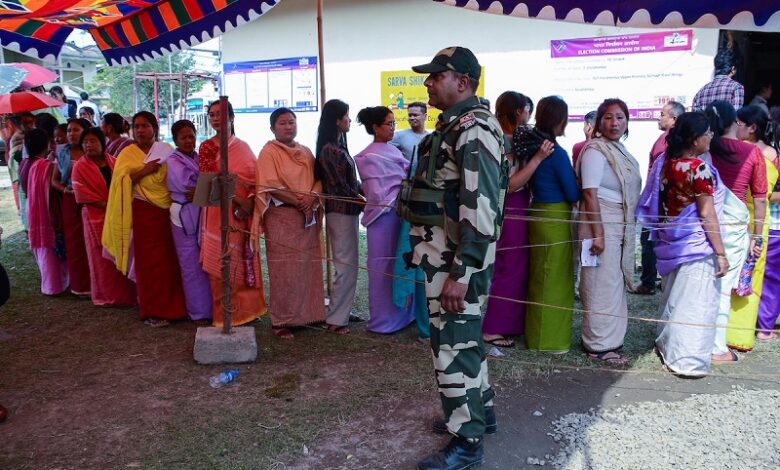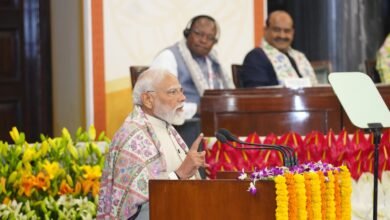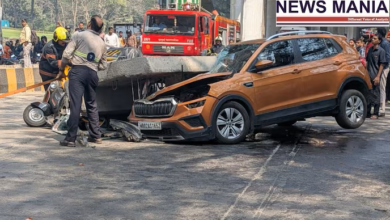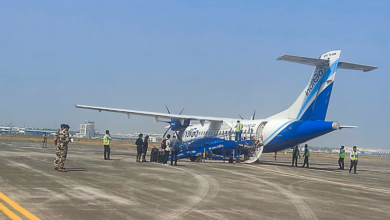Repolling in Arunachal Pradesh and Manipur: Addressing Electoral Violence in India’s Northeast

News Mania / Agnibeena Ghosh/ 24th April 2024
Arunachal Pradesh and Manipur, two northeastern states in India, grapple with the aftermath of electoral violence during the initial phase of voting for the Lok Sabha elections 2024 and state assembly elections on April 19. In response to incidents of violence and damage to Electronic Voting Machines (EVMs), the Election Commission of India (ECI) has ordered repolling in selected polling stations.
In Arunachal Pradesh, repolling is scheduled for eight polling stations on Wednesday, April 24, following reports of violence during the assembly elections. The ECI’s order mandates repolling for four assembly seats across eight stations, commencing at 6 am and concluding at 2 pm. The affected polling stations include Sario in the Bameng assembly constituency, Longte Loth under the Nyapin assembly seat in KurungKumey, and several others under the Nacho and Rumgong constituencies. These measures aim to ensure the integrity of the electoral process and allow voters to cast their ballots without fear or intimidation.
Meanwhile, in Manipur, repolling was necessitated by violence and disruptions at 11 polling booths during the first phase of the Lok Sabha elections. Miscreants reportedly opened fire at one polling station, prompting the Election Commission to intervene and order repolling across the state. Conducted on Monday, April 22, repolling saw an 81.6% voter turnout at the 11 affected polling stations in the Inner Manipur Lok Sabha constituency. Despite initial disturbances, no incidents of violence or disruption were reported during the repolling process, underscoring the successful restoration of order and security by electoral authorities.
The challenges faced during the initial phases of voting underscore the complex dynamics of electoral processes in India’s northeastern states. Incidents of violence, intimidation, and destruction of EVMs pose significant challenges to ensuring free and fair elections. Moreover, allegations of booth capturing further exacerbate concerns regarding the integrity of the electoral process and the safety of voters and election officials.
In Arunachal Pradesh, where the ruling BJP secured victory in 10 assembly seats without facing any opposition, the need for repolling highlights the gravity of the situation and the imperative of upholding democratic norms. Similarly, in Manipur, where conflict-ridden regions witnessed disturbances during the first phase of voting, the successful conduct of repolling reflects the resilience of electoral institutions in addressing challenges and maintaining the sanctity of the electoral process.
The incidents of electoral violence in Arunachal Pradesh and Manipur underscore the importance of robust security measures and vigilant oversight to safeguard democracy. Electoral authorities must remain vigilant and proactive in addressing threats to electoral integrity, including violence, coercion, and malpractice. Moreover, concerted efforts are needed to promote public awareness and civic engagement, fostering a culture of peaceful and participatory elections in the region.
As India’s electoral process unfolds, it is imperative that authorities, political parties, and civil society stakeholders work collaboratively to address challenges and uphold democratic principles. By ensuring transparency, accountability, and inclusivity, India can strengthen its democratic institutions and advance the ideals of free and fair elections in the northeastern region and beyond.






